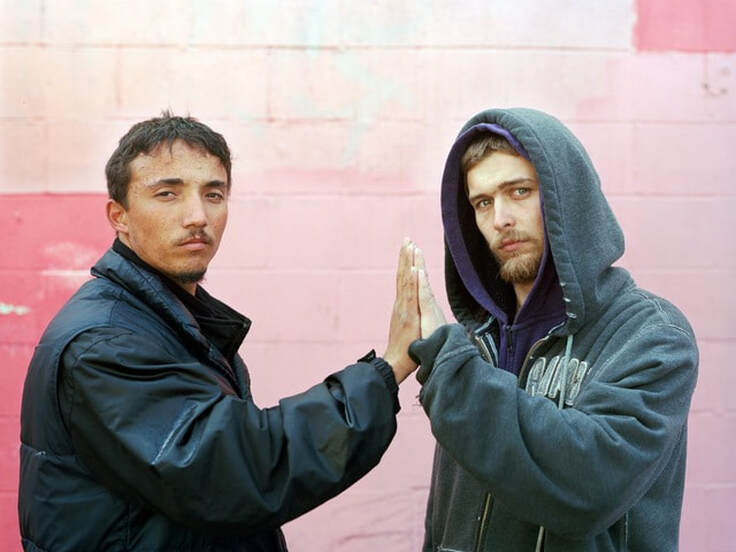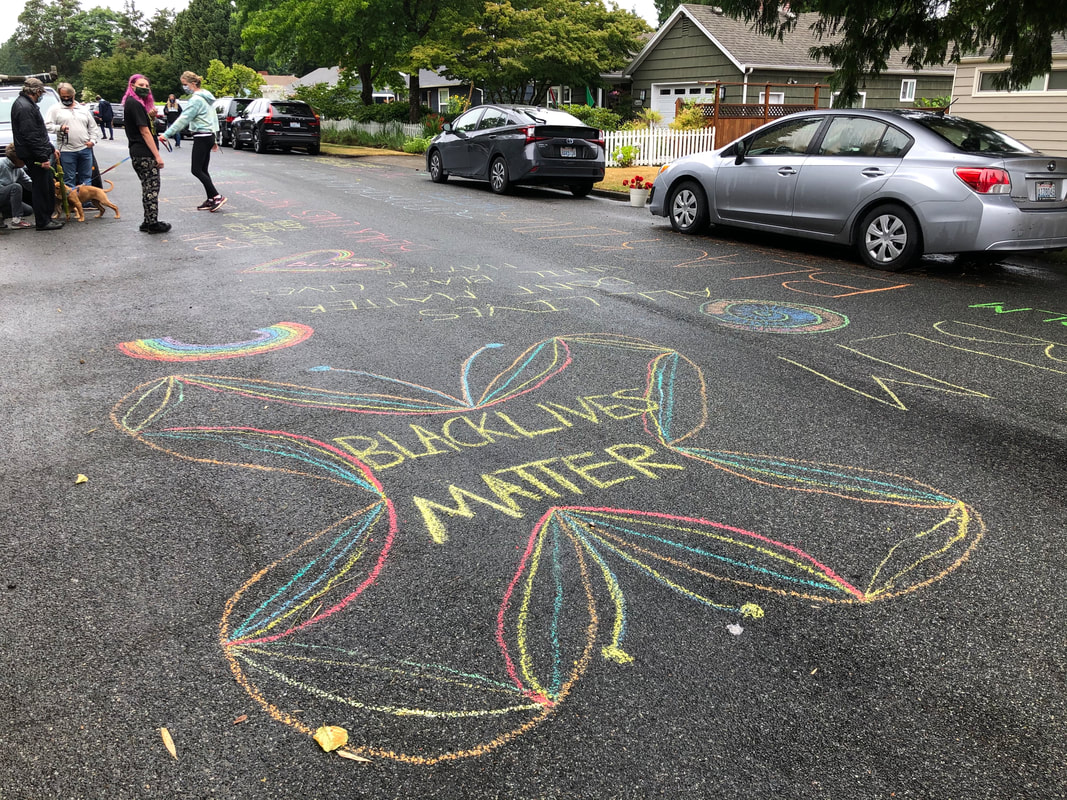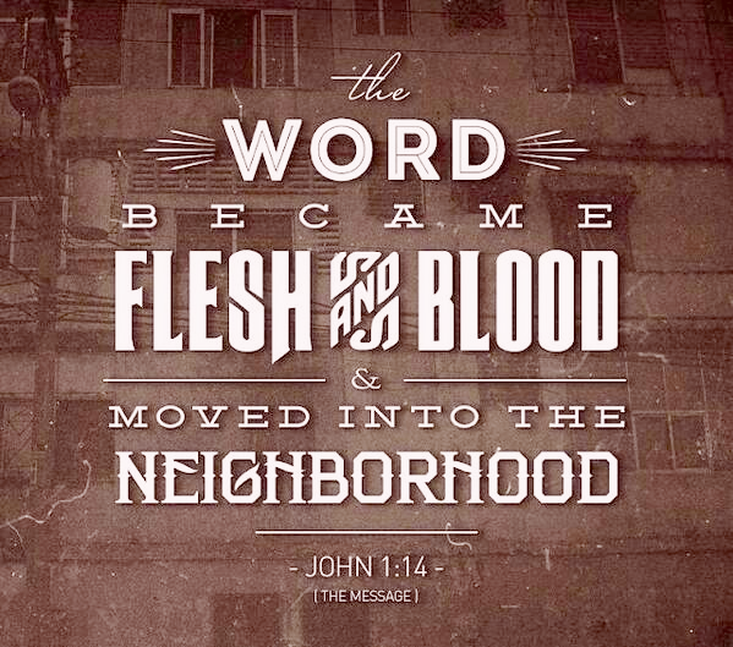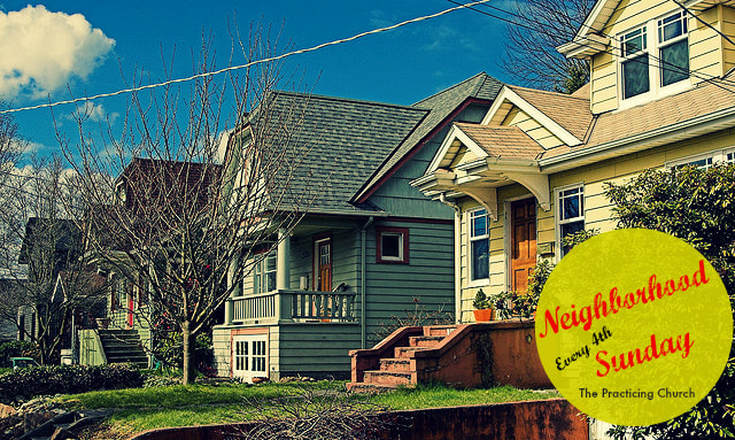As a community, we are shaped by our shared values —those things that we fiercely love and hold dear, our "non-negotiables" — one of which is is Deep Listening.
DEEP LISTENING
We listen deeply to the Spirit at work within our own stories, the stories of our neighbors, and the stories of our place until we become fully immersed in the mystery of God’s Story of love that heals us and heals the world.
This posture of Deep Listening locates us well in the humility and self-giving love of Christ's example. Jesus Christ, who spoke Creation into existence, did not consider equality with God something to be grasped. Rather, he emptied himself of all privilege and power to take on our humanity and enter our world, laying down his life for love (Philippians 2). The scandal of the incarnation is profound.
We also are invited into this cruciform practice to enter the world of others for the sake of love. Yet often, we are caught up in our own worlds, occupied with our own self-interests and the demands of our lives. How do we repent, shift, and orient our lives differently in order to live lives of love?
How do we enter the worlds of others?
How do we give up our privilege, our biases, our comfort, and our preconceived ideas to truly listen — deeply and thoughtfully? How do we pause before rushing in with our own experiences and worldviews? How do we slow down to listen well and let our hearts be impacted by the stories of our neighbors?
This is vital as we seek to incarnate love in our everyday lives. History is full of the atrocities of imperialism, colonization, racism, and gentrification. Often we fail to enter the world of the other, to esteem their interests higher than ourselves, to truly listen and honor the wisdom of their stories. “For our conversion to the Lord implies this conversion to our neighbor” — a radical transformation where we come to know “Christ present in exploited and oppressed persons.”[1] We are called to listen deeply to the stories that contradict our own, allowing them to affect us, shape us, and form us in the radical love of Christ.
[1] Gustavo Gutiérrez, “Liberating Spirituality,” in Spiritual Writings (Maryknoll: Orbis Books, 2011), 49.
by Jessica Ketola
ur







 RSS Feed
RSS Feed
